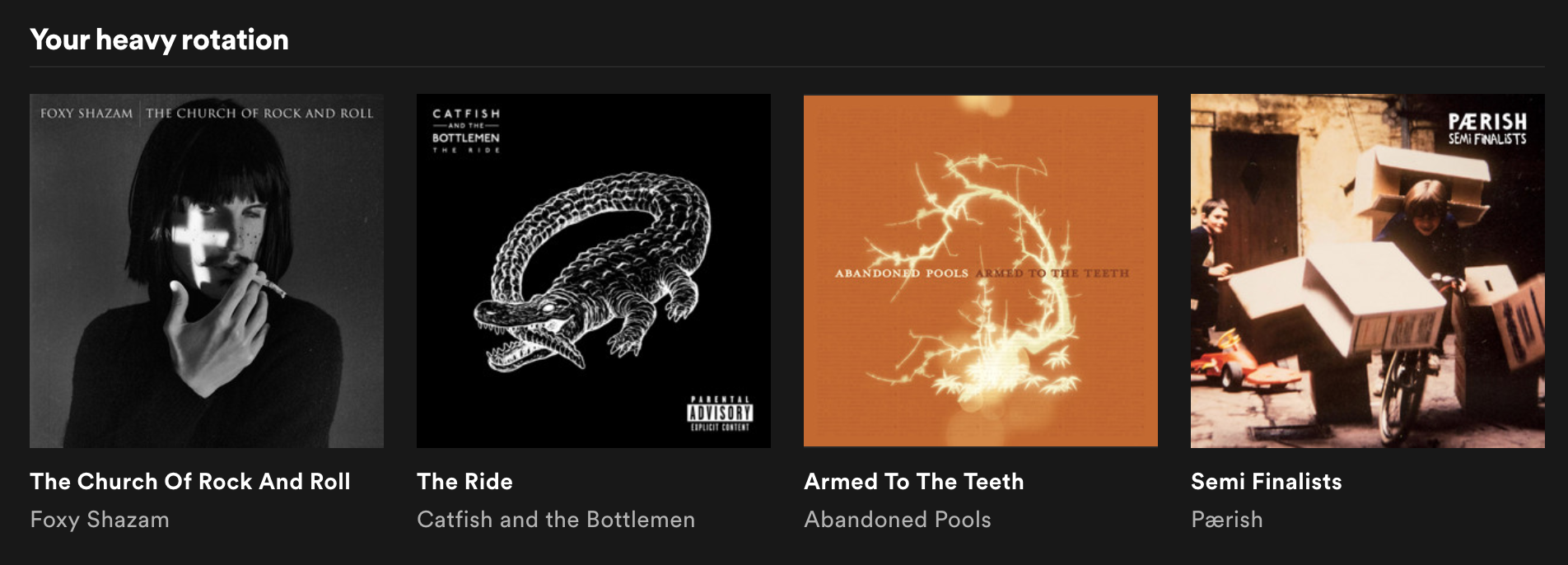But she shows all, candid and upright,
unto the last projecting fire and death,
and, turning to the others, I cry out
my pain of pains beholding Doris’s death:
There is protection from near everything,
from fire and damages by storm and frost,
oh, add whichever blows may come to mind.
But there is no protection from mankind.
When there is need, none sees with clarity.
No, only when the task is to beat down
When there is need, none sees with clarity.
No, only when the task is to beat down
and desolate the heart’s own treasury
of dreams to live upon in cold and evil years.— Aniara, 26
“does this world dawn on us”
Seldom do we take the slightest note
of our majestic wonder of a boat,
and only during sermons at a grave
does this world dawn on us as all we have;
then come a multitude of black thoughts flapping
through these vaults that hold us bound
filled with the echoes of a prior life
and threading an outlandish void of sound.— Harry Martinson, Aniara, translated by Klass, S. & Sjoberg, L.
"I feel that when I'm old"
Am I only dreaming?
"I say it matters / with a quiet face"
★s

hell yeah
Cowboy Bebop - Tank! Live
This is GREAT, they're having so much fun!
"A threat to future earnings"
There's no charity
Some don't deserve to make it
You'll blame and fight each other
For just a slice of plunder
Too down and tired to wonder
Whose foot you're crawling under
"Should you ever relinquish what you truly hold dear"
Hayao Miyazaki in "Nostalgia for a Lost World," from Starting Point: 1979–1996 (translated by Beth Cary and Frederik L. Schodt):
One of the things about drawing is that, if you put in serious effort, you will become good at it, at least to a certain extent. But that's all the more reason to study a variety of things that interest you while you still have time, before you enter the professional world, in order to develop and solidify such fundamentals as your own viewpoint and way of thinking.
If you don't do this, your life will be treated as just another disposable product. In the animation business, most people spend a long time working at the bottom of the organizational ladder. You usually have to endure a lengthy apprenticeship period, waiting patiently for the chance to someday demonstrate what you can do. But the opportunity to demonstrate what you can do only comes along once in a while, so unless you are extraordinarily lucky, you'll probably never make it.
To endure something is obviously exhausting and agonizing. But at the same time, you must also continue to hold what you regard as important close to your heart and to nurture it. Should you ever relinquish what you truly hold dear, the only path left to you will be that of a pencil-pusher — the type of animator whose sense of self-worth is determined by the numerical amount of their earnings, or who cycles between joy and despair over the high or low rating his work receives.
That last paragraph pierces directly through all of my paragraphs. I have been through periods of relinquishing what I truly hold dear. I push back against the phrasing that this is an either/or proposition; it is possible to return to what you truly hold dear. Maybe the hardest part is reassessing whether what you hold dear has shifted while you were wandering cold-eyed in the wilderness.
But no matter what others may say, if it isn't something I really want to work on, it isn't animation to me. I'm talking about a very personal view of animation here, of course, and when it comes to my work there are also obviously times when I have to compromise. In fact, there are times when I really have to struggle, and I suffer quite a bit in the process.
Me too, Hayao! But we can't let that suffering strip us of the future intent to live truthfully.
"Queries what I’m doing here"
Man, I used to be able to play the hell out of the guitar!!!! This song is just one guitar track, recorded in one take while singing into a single stereo microphone, with just a few overdubbed vocals and whistling. 2007.....................!!!!
- I sure wish I'd gotten my depression treated a decade earlier so I wouldn't have grown so disgusted with myself that I couldn't bear to play the guitar without feeling despair at my prospects!
-
]
"I wonder if you'll ever get that feeling back?"
"Covered my eyes with your hands. Walked me through all of your plans. I told you I could see it all, but all I saw was you."